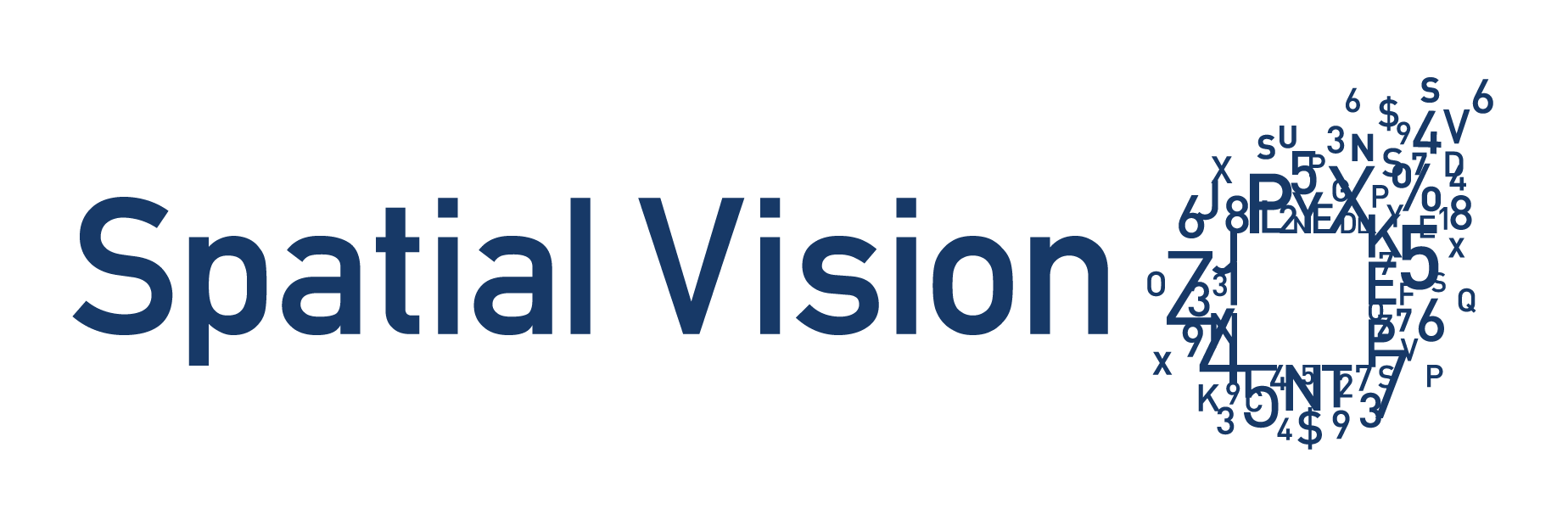Climate Change & Homelessness: Understanding the Connection
The intersection of climate change impacts and homelessness is a critical issue that demands our attention. The recently launched, Climate Change and Homelessness Research Project Report delves into this complex relationship.
